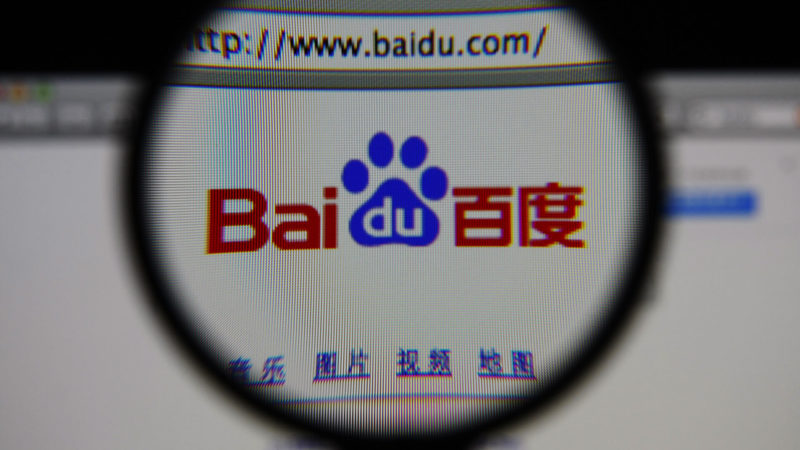Chinese Man Sues Baidu Over “Gay Conversion” Ad In SERP
A gay Chinese man sued search engine Baidu in Bejing for allowing an undisclosed ad for an allegedly unlicensed psychological counseling center to appear at the top of search results. He underwent “gay conversion” therapy and was traumatized by the experience. Without the benefit of knowing Chinese law, the case appears to raise two issues: […]

A gay Chinese man sued search engine Baidu in Bejing for allowing an undisclosed ad for an allegedly unlicensed psychological counseling center to appear at the top of search results. He underwent “gay conversion” therapy and was traumatized by the experience.
Without the benefit of knowing Chinese law, the case appears to raise two issues: the degree to which Baidu and search engines in China must police search ads/results and whether they must disclose ads in results. In the US and Europe paid search ads must be identified and separated from organic results. That is not required (yet) in China. (See update/correction in postscript below.)
Baidu reportedly does not separate or distinguish ads from organic results accordingly. Thus many of the top results in Baidu SERPs are ads, unbeknownst to Chinese users. According to a report in MarketWatch, Baidu has been accused of manipulating search results to gain more ad revenue:
In 2008, state broadcaster CCTV ran a two-day series accusing Baidu of massive interference in its search results, including displaying paying brands at top of the results without taking any measure to mark them as advertising.
It also said Baidu engages in “blackmail marketing,” using its dominant market position in China to alter search results so that users can’t find companies which refuse to pay.
The plaintiff in the “gay conversion” case, Xiao Zhen (a false name), underwent treatment at a center called Xinyu Piaoxiang. Zhen came out as gay in 2010 but later sought help because of societal and familial pressure. Being gay in China is heavily stigmatized and treated as a curable disorder.
He turned to Baidu to find “treatment.” Search results lead him to Xinyu Piaoxiang. Gay conversion therapy, which has been discredited in Western countries, is apparently widespread in China. Zhen says he was psychologically injured by the experience, which included electric-shock therapy.
He later sued Baidu and the center. The hearing/trial has already taken place and a verdict could come relatively soon.
The center appeared at the top of results and Zhen’s attorneys have alleged that it was unlicensed and also an undisclosed ad. Baidu has denied that the search result for the center was an ad.
An unfavorable outcome for Baidu could compel the company to start labeling ads and potentially start policing of the content of ads or search results more broadly. However that remains to be seen.
Regardless of the outcome, LGBT rights activists view the case as a “milestone,” bringing national attention to the status of gay people in China with the potential to advance gay rights in the country.
Postscript: A representative of Baidu contacted me this evening by email to correct factual errors in the article above. He says Baidu does clearly label ads in search results and that this was not an issue in the case. Here’s the Baidu email statement:
Baidu DOES distinguish quite clearly between organic and paid search results, and places the latter in the same manner as Google in the right column, or with either a color undertone at the top of the left column on the SERP or with the clear Chinese characters 推广 indicating that they’re sponsored results.
But beyond that, the issue of whether this was a paid result or an organic one is not at all relevant and was not at all in question in this particular case.
Contributing authors are invited to create content for Search Engine Land and are chosen for their expertise and contribution to the search community. Our contributors work under the oversight of the editorial staff and contributions are checked for quality and relevance to our readers. The opinions they express are their own.
Related stories